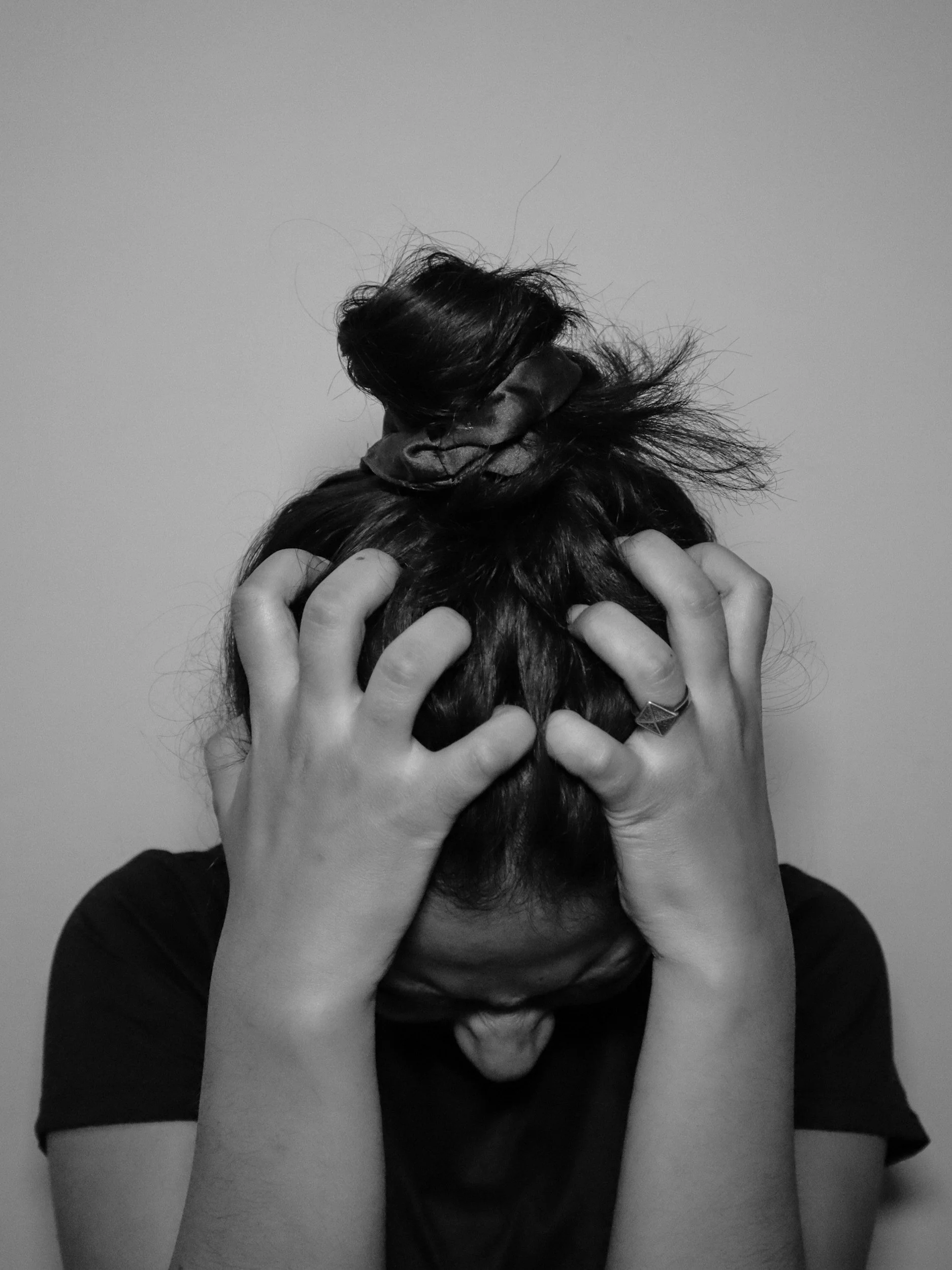Is It Anxiety or Intuition? How to Spot the Difference
Struggling to tell if it's anxiety or intuition? Learn how to recognize the difference between fear-based thinking and inner knowing and start building self-trust.
When Your Gut Feeling Comes With a Side of Panic
You have a feeling. Something’s off…or is it? Maybe it’s your intuition telling you to slow down, change course, or pay attention. Or maybe it’s anxiety, whispering worst-case scenarios and clouding your thoughts with self-doubt and fear. If you’ve ever found yourself asking, “Is this a red flag… or am I just spiraling?” You’re certainly not alone.
Why Anxiety and Intuition Get Confused: Untangling The Two Feelings
Anxiety and intuition can feel so similar because both show up as an internal warning signal. But they come from different places and carry different energy.
Anxiety is fear-based. It often sounds like “what if…” and focuses on imagined futures or potential danger.
Intuition is grounded. It’s a quiet, steady knowing that nudges you from within, often without a sense of panic or urgency.
But when you’ve experienced trauma or chronic anxiety, it can be incredibly hard to know which is which. Your body might feel activated even in safe situations, making it difficult to trust yourself.
So… How Do I Tell the Difference?
Here are a few clues to help you distinguish between anxiety and intuition:
Anxiety
Tone: Loud, frantic, circular
Energy: Urgent, overwhelming
Focus: Catastrophizing, worst-case scenarios
Physical response: Tension, racing heart, knots in stomach
Pattern: Repetitive “what ifs,” intrusive thoughts
Intuition
Tone: Calm, quiet, steady
Energy: Grounded, focused
Focus: Present moment, aligned with values
Physical response: Subtle knowing, not always physical
Pattern: A one-time nudge or inner clarity
Still unsure? That’s okay. This is a skill that takes time, practice, and compassion to develop.
Learning to Listen: Building Self-Trust
If you've spent years second-guessing yourself, it makes sense that self-trust feels shaky. But the good news is: self-trust can be rebuilt.
Start With These Practices:
Pause Before Reacting: Give yourself space to observe what’s coming up without immediately labeling it as fact.
Write It Out: Journal your thoughts. Ask: Is this fear, or is something truly misaligned?
Check Your Body’s Signals: Anxiety tends to feel like chaos in the body. Intuition often feels like clarity.
Ask Yourself:
Is this feeling new, or part of a familiar anxiety loop?
Am I responding to a real threat, or to a fear I’ve felt before?
What would I tell a friend if they were feeling this?
Practice Small Acts of Self-Trust: Build confidence by making low-stakes decisions from a grounded place: choosing what to eat, setting a boundary, or saying no without over-explaining.
Self-trust grows when we consistently show ourselves that we can listen, respond, and recover, even when we don’t have all the answers.
Common Situations Where We Confuse the Two
You might be mistaking anxiety for intuition if:
You can’t stop thinking about what might go wrong
You feel the need to “figure it out” immediately
The thought keeps coming back with increasing panic
You’ve ignored your intuition in the past, so now you’re hyper-vigilant
You might be tuning into intuition if:
A decision feels misaligned, even if it “makes sense” on paper
You feel calm but clear about needing to shift direction
You keep noticing the same internal nudge without panic
You don’t need to explain it to others, it just feels right
Relearning What Safety Feels Like
Many of us grew up in environments where we weren’t taught to trust ourselves - where survival meant people-pleasing, avoiding conflict, or ignoring gut feelings. So if intuition feels foreign, that’s not your fault. You’re not broken, you’re just learning what it means to feel safe enough to hear yourself. At The Therapy Group, we support clients in reconnecting with their inner wisdom and separating it from the noise of fear, doubt, and past wounds.
If anxiety has been drowning out your inner voice, you don’t have to figure it out alone. Ready to dig into these patterns and feel more supported? Schedule your free 15-minute consultation with The Therapy Group today.





